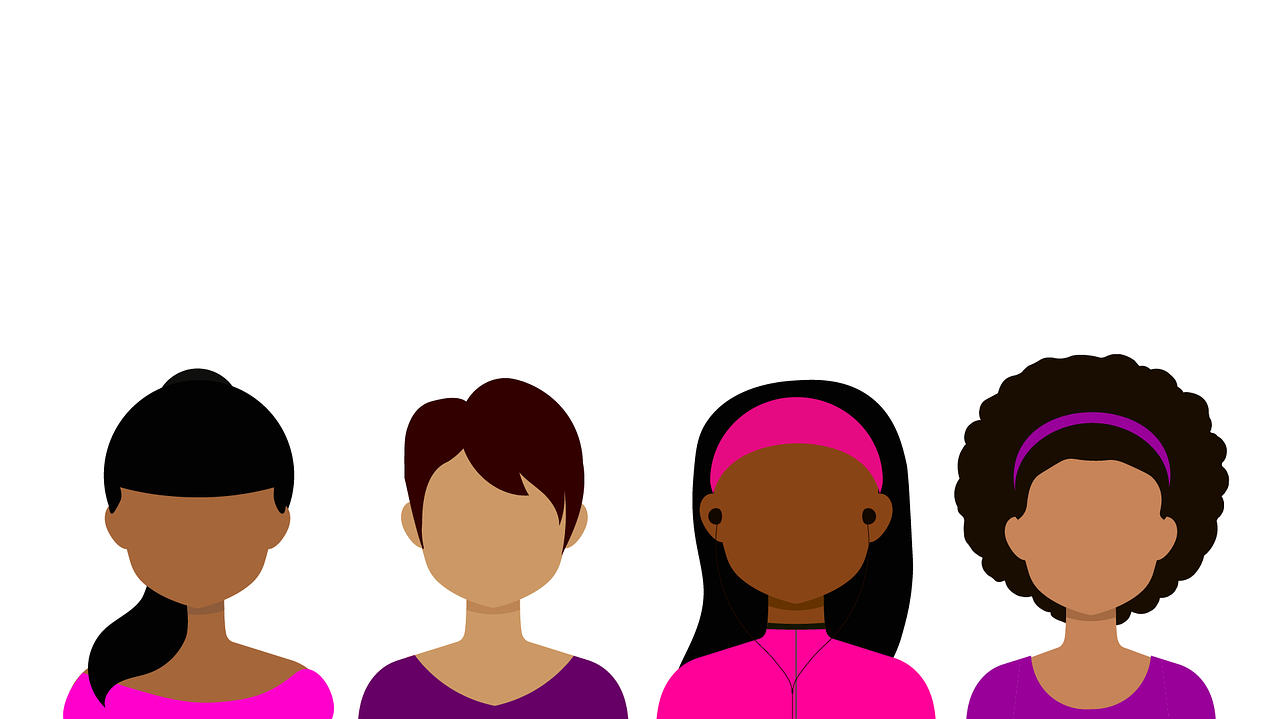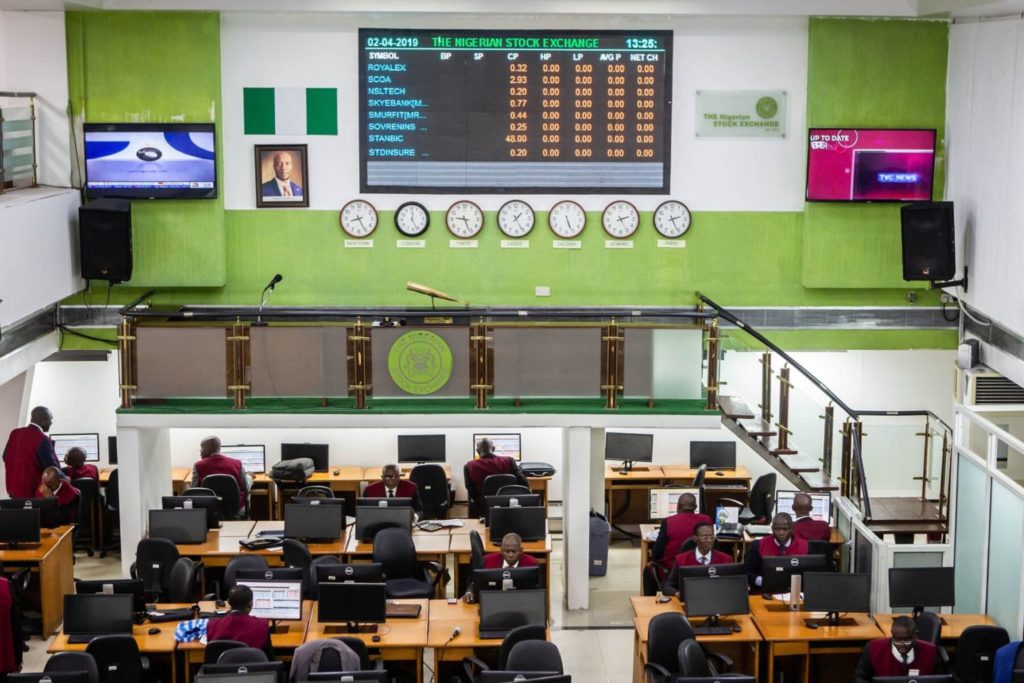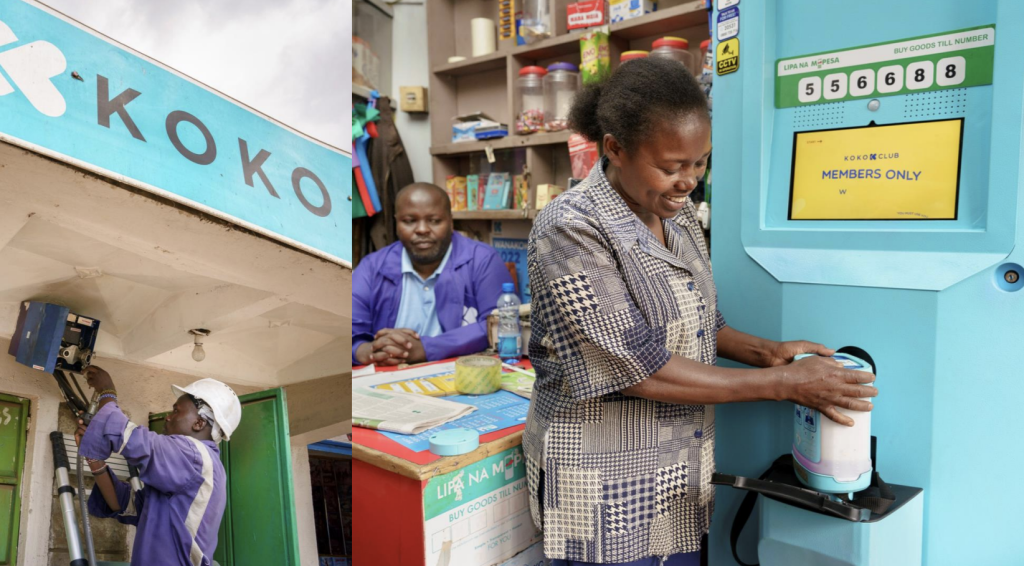Editor’s note: The headline of this article has been updated to reflect the fact that it speaks primarily to a difficulty in accessing capital. A previous headline read; “African startups have had a good Q1 2020; except those led by women.”
African startups did well in Q1 2020 in terms of funding. Considering the current global health and economic crisis, this feat is commendable and testament to the impact and potential of African innovators in building innovative technology tools that solve dire issues across Africa. Women-led companies, however, have fared badly in this same regard compared to the same quarter in 2019.
According to a new Briter Bridges report, of all the monies raised in Q1 2020, startups led by women were able to raise only 3.2% of the total. In Q1 2019, they raised 5.7%.
The gender disparity in the technology sector is not new. Across various sub sectors and career levels; on a continental and a global scale, bridging the gap between male and female participation in the technology sector remains yet to be appreciably closed. Nonetheless things are changing especially in growing interest from younger women and the creation of female talent pipeline in the sector.
According to our Nigerian Women in Tech Report, 65% of the female STEM university students surveyed were in these courses out of an interest in the field as against the pressure to pursue a certain career or another. While 76% of responders attributed their academic challenges to non-gender causes, less than 50% see themselves having a STEM-related career in the next 5 – 10 years.
What this means is that the current dearth of women in C-suite levels in the sector might remain a challenge for much longer. Of all the African startups surveyed (2,000+) in the Briter Bridges report, only 16.5% of co/founders and C-level executives were female.
Why venture capital funds go less towards women-led businesses in the continent is a combination of various factors, the foundation being that there are not even enough of such businesses in the first place.
“It is 6x harder to secure funding than it is for our male counterparts due to cultural and societal barriers that limit a woman’s access to financial capital,” says Dr. Funmi Adewara, Founder, Mobihealth, “And this is despite research showing that women deliver more revenue growth, financial efficiency and value in the long-term than male-led businesses.”
According to the Africa Development Bank (AfDB), there exists a US$42 billion financing gap facing women in Africa.
Kitawa Wemo who is the founder of Mama Ventures, a Kenya-based venture building business for female founders in the East Africa region, based on her experience has seen how biases stemming from cultural stereotypes can often limit the amount and availability of funding for women-led businesses.
“If I were to apply to a loan, as a woman under 30 and without a husband, I would be profiled as a high risk to financing. In a business setting, it is clear that the system has already sidelined you,” Wemo says. This was the reason behind founding Mama Ventures.
Kasha, Kenya-based ecommerce company led by Joanna Bichsel, in April raised US$1 million to fund its expansion in East Africa. Bischel agrees that accessing funding especially at an early stage can prove incredibly difficult, particularly for female founders.
“I’ve had another woman founder tell me that I need to get a male co-founder in order to get more funding,” Bichsel said.
Nonetheless, regardless of gender, successful fundraises are a factor of a number of things including access to relevant networks, strong grasp of said product or service and the markets they intend to serve, ability to convey this understanding to the right investors, and putting together the right team to execute.
One of the recommendations of the report is the importance of more female-targeted venture funds especially at seed and early stage.
Alitheia IDF, a female-focused SME investment fund, in April, closed a US$75 million fund round and is looking to support female-owned or female-led businesses in agriculture, agro-processing and essential goods and service providers.
Janngo Capital, founded by former Jumia executive Fatoumata Ba last year, raised €15 million ($16.5 million) from the European Investment Bank towards a target €60 million (US$65 million) fund to invest in women-led businesses and/or those that directly benefit women.
The pan-African fund will support businesses through seed and growth stages because, according to Ba, this is paramount as getting ideas off the ground is the toughest thing about building a startup.
Accelerator programmes like the Greenhouse Lab and She Leads Africa are also very critical in not only providing business support and investments but also in building community support which according to the report “can be a vital factor to reduce the sense or risk and increase the ability to persevere in challenging times.”















